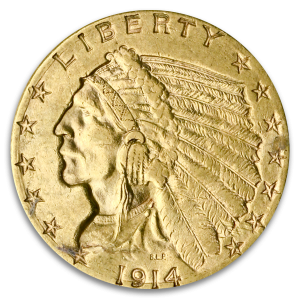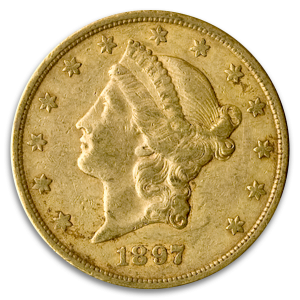$2 1/2 Liberty VF (Dates/Types Vary)
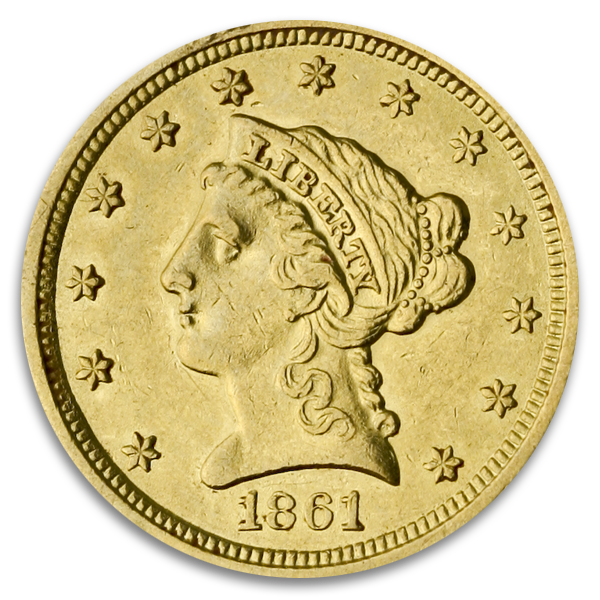


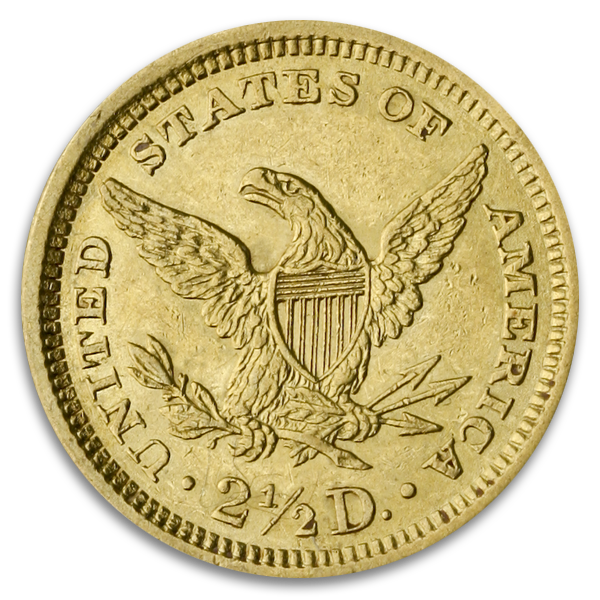

Introduction
The $2 ½ Liberty VF (Dates/Types Vary) offers a captivating overview of American numismatic heritage. These coins bear the classic Liberty Head design, created by Chief Engraver Christian Gobrecht in 1840. These coins exhibit light to moderate wear with well-preserved design elements and visible details, providing a glimpse into their circulation during the 19th and early 20th centuries. The coins are classified as VF, which stands for "Very Fine," indicating that they exhibit moderate wear but still retain notable design details.
History
The history of the $2 ½ Liberty VF (Dates/Types Vary) is closely intertwined with the economic and social developments of the United States during the 19th and early 20th centuries. Struck from 1840 to 1907, these coins bear the iconic Liberty Head design. As coins circulated in commerce, the $2 ½ Liberty experienced moderate wear, reflecting their use in daily transactions and commerce during the expansion of the nation. These coins witnessed significant historical events, including westward expansion, the California Gold Rush, the Civil War, and the nation's transformation into an industrialized society. Today, these coins are treasured by collectors and numismatic enthusiasts for their historical significance, tangible links to the nation's past, and enduring beauty, providing a glimpse into an era marked by growth, progress, and societal changes in the United States.
Design
The design of the $2 ½ Liberty VF (Dates/Types Vary) exemplifies the timeless artistry and historical significance of American coinage. The obverse showcases a left-facing portrait of Liberty adorned with a coronet, with the word "LIBERTY" inscribed above her and encircled by thirteen stars symbolizing the original colonies. On the reverse, a majestic eagle with outstretched wings clutches arrows and an olive branch, surrounded by the inscriptions "UNITED STATES OF AMERICA" and "2 ½ D."
Comparison Chart






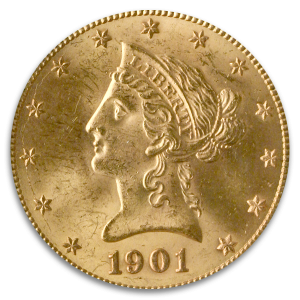
 Quick View
Quick View